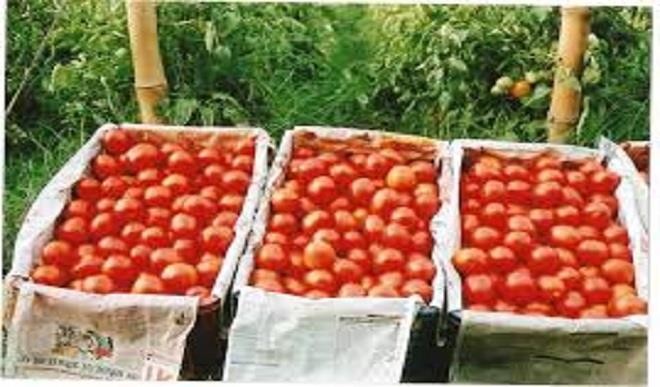No fewer than 200 tomatoes producers, processors and marketers in Kano State are expected to benefit from empowerment programme of Agro Processing Productivity Enhancement and Livelihood Improvement Support (APPEALS) Project.
Alhaji Hassan Ibrahim, the APPEALS Project Coordinator in Kano on Wednesday made this known at a one-day sensitisation workshop for tomatoes farmers, processors, producers and marketers on the modern tomatoes drying method.
According to him, the training is aimed at demonstrating to the participants the hygiene, nutrition-sensitive and environmentally-safe method of tomatoes drying through the use of plastic crates.
Represented by the APPEALS’ Agro Processing Specialist, Malam Mukhtar Umar, Ibrahim explained that the workshop would enable the participants to know how to reduce their costs of production, processing and marketing of the product.
“If the participants will adopt this method, it will assist them to reduce their losses and costs of production, processing and marketing of the product.
“This is because in adopting the usual method, they often lose over 40 per cent of their goods at the end of the harvest.
“Therefore, looking at the loss, APPEALS considered it necessary to introduce to them the modern method through the use of plastic crates, which is even much easier than how they normally preserved.
“The workshop, which APPEALS organised in collaboration with the Commodity Support Centre Kano, will also teach the farmers on various ways that tomatoes can be processed, especially how to change it to powder,” Ibrahim said.
He said that the new technology, if adopted would also reduce the number days the processors spend in processing the tomatoes from 10 to six days.
Some of the participants, who spoke with the News Agency of Nigeria (NAN) on the project, commended the APPEALS for bringing the new technology to farmers, processors and marketers in the state.
The Auditor, Fadama Project in Kano, Malam Ali Abubakar, said the introduction of the new method of drying tomatoes was a “welcome development”, adding that they had tested and seen how different it was from the normal process.
“So many times, we produce huge tomatoes but at the end of the harvest, we end up losing a lot because no customers to buy, which at the end, the tomatoes get spoiled due to lack of good preservation method.’’
A tomatoes farmer from Nasarawa Local Government Area, Malam Ibrahim Gama told NAN that the training would go a long way toward supporting the tomatoes farmers, processors and marketers.
He said that the initiative would also provide job opportunities for so many people in the state, especially in those areas where a large number of tomatoes farmers were present. (NAN)

 Join Daily Trust WhatsApp Community For Quick Access To News and Happenings Around You.
Join Daily Trust WhatsApp Community For Quick Access To News and Happenings Around You.


